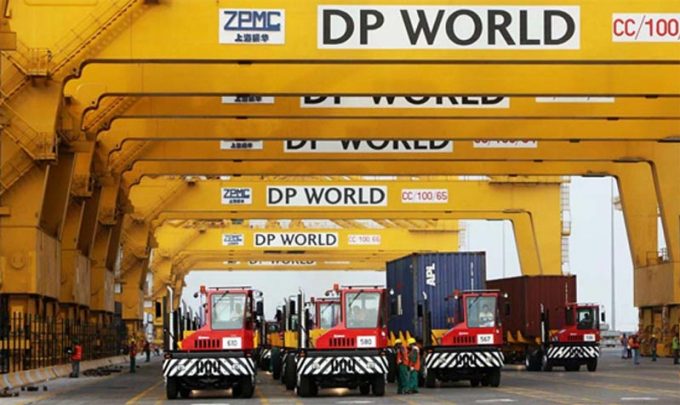Dock workers down under end strike at DP World
Australian shipping stakeholders have cause to celebrate as DP World and the Maritime Union of Australia ...

Facing anger from terminal users, DP World Australia is also coming under fire for allegedly “artificially reducing profits” to avoid paying corporate tax over eight years.
This was the claim in a report by the Centre for International Corporate Tax Accountability and Research, which concluded that between 2015 and the end of last year, the Dubai terminal operator’s Australia division generated revenue of AS$4.5bn (US$2.9bn), but “appears to have used party debt transactions, inflated management service fees and possibly other schemes to reduce taxable income”, it says.
“It paid zero corporate income tax over the last eight years – and likely longer….A conservative estimate suggests DP World may have shortchanged Australia – and funding for health, education and other public services – by more than $330m over the eight years.”
The figures were based on the report’s finding that DP World’s average margin on earnings before interest, taxes, depreciation, and amortisation (ebitda) had hovered around 25% over the past eight years.
As evidence of its suggestion of profits being artificially reduced, it highlighted three party payments, “presumably to tax havens”, equivalent to 120% of its 2022 operating income.
However, a spokesperson for DP World told The Loadstar: “We prioritise equitable taxation, ensuring compliance with law and maintaining transparency with tax authorities, aligning with legal requirements of the country.”
The report arrives after the UAE-headquartered terminal operator had a furious response from its Australian terminal users to the announcement of January fee hikes of between 20% and 50% at three of its four Australian terminals.
Describing this as “daylight robbery”, users also directed some of their fire on the federal government they say has proved powerless to stop what they see as anti-competitive behaviour.
Paul Zalai, director of the Freight & Trade Alliance, said it was not sustainable for Australian exporters and importers to absorb the rapidly increasing impost of hundreds of millions annually, where there is no ability to influence service or price.
“With less quayside revenue from foreign-owned shipping lines, stevedores and empty-container park operators have resorted to a ‘ransom model’,” Mr Zalai told The Loadstar.
“This is forcing users to pay designated fees or be denied access to collection/dispatch facilities. Existing voluntary arrangements established by the Victorian government and adopted by the National Transport Commission have proved hopelessly flawed.
“They provide no ability to influence price and have given stevedores tacit approval to rapidly and significantly inflate fees levied against domestic transport operators.”
They also hit out at the wide disparity between fee hikes on the east and west coasts, terminal operating charges at Sydney, Melbourne and Brisbane rising 38.8%, 52.5%, and 25.5%, respectively, compared with a 5% increase at Freemantle.
Container Transport Alliance Australia director Neil Chambers said Freemantle’s far lower increase was because Western Australia still had government oversight and intervention.
Comment on this article